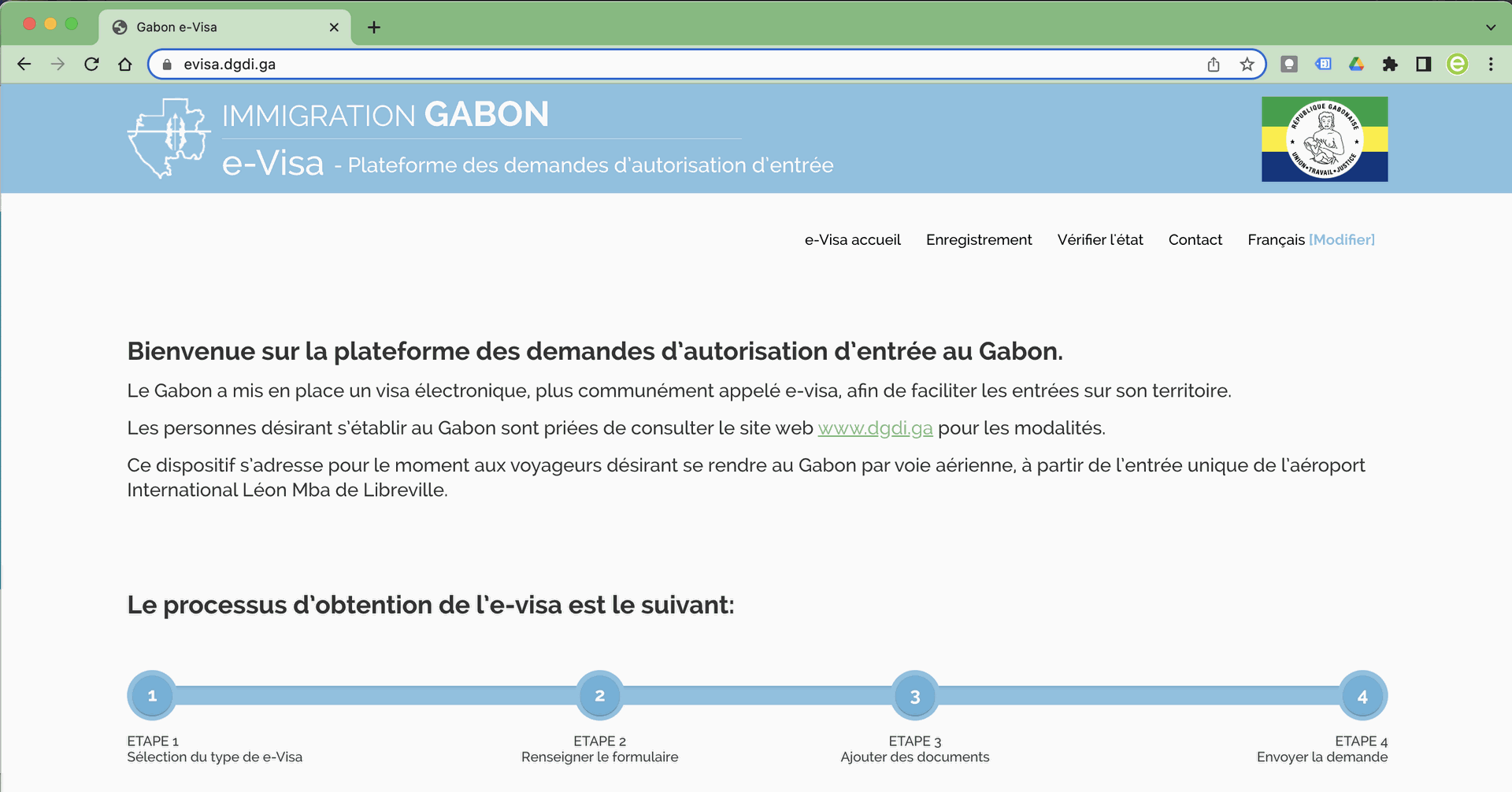In recent years, the dematerialization of public services has become a pillar of the digital strategy of many African states, as illustrated by the Smart Rwanda Master Plan or the partnership signed at the end of October 2019 between Pretoria and Microsoft for the adoption of a cloud system.
This effervescence of initiatives sometimes obscures the diversity of the challenges facing our states, and the importance of providing an agile and differentiated response to them.
Below is the online visa application portal. https://evisa.dgdi.ga/
Could Congo-Brazzaville adopt it? as it is still so paper based..
What are the obstacles and motivations to adopting the B2A solutions that Empploy.com is already developing for its B2B customers?
We're going to survey our partners and social networks, and will share the results with you here shortly. If you'd like to discuss the issues raised, I look forward to hearing from you.

Firstly, generic terms such as "e-services" or "teleprocedures" conceal a twofold segmentation: according to the target audience (businesses or individuals) and according to the service provider (State or local authority).
Services for individuals are more complex to implement, since they depend on technological penetration, the level of education and the digital culture of the population. In these cases, simple, accessible solutions are required. In South Africa - second only to Mauritius in the UN's 2018 e-administration ranking - voter registration verification is carried out online, but also by SMS.
Big changes to be made
Confidentiality and data security are also major challenges, as some users are assisted by friends and family, or by administrative intermediaries, to access these e-services. A gradual approach is essential here, starting with the creation of information portals, followed by appointment booking and, finally, the opening of fully dematerialized services with personal accounts, in line with requirements in this area.
But full dematerialization - the goal of several countries on the continent - can only be achieved through a transformation of the administration, integrating an omnichannel logic. This requires, for example, that certain agents dedicate themselves to e-services, or that support is provided to regularly check the portfolio of online requests.
The next step is the end-to-end integration of IT systems to ensure fully computerized processing. This avoids the need for rematerialization (reprinting of forms), with paper exchanges between departments. Lastly, online payment is the final building block in the dematerialization process, on which the irembo portal in Rwanda and the eCitizen portal in Kenya have built up strong momentum, with 300,000 and 500,000 transactions per month respectively.
Another crucial question concerns the deployment of these services. It is easier to generalize a service provided by divisions of the State, such as prefectures, because the administration can rely on its agents to use the platforms and on its local or foreign agencies and partners to develop e-services. For local authorities, on the other hand, it's better to encourage experimentation, with clear regulations and funding to stimulate the ecosystem. In this way, solutions adapted to the local context can emerge and then be generalized. The Moroccan wraqi.ma platform is a good example of this, with pilot services in Fez (certificate of residence, document legalization) that can be extended to the whole kingdom.
Tools better deployed in the workplace
As far as businesses are concerned, the obstacles linked to access and knowledge of the tools are lower, resulting in a higher deployment rate. According to the UN, 126 countries offer the possibility of setting up a business online, while only 59 make it possible to apply for a national identity card. For e-services provided by local authorities, harmonization is key, to guarantee professionals the same user experience. As for central services, an approach by type of company may be considered, along the lines of Senegal's e-tax project (tax declaration and payment), deployed in the tax centers of major groups before its generalization.
To read : Impôts : la Côte d’Ivoire fait un pas de plus vers le tout-numérique
The challenges of e-administration are many. But making the most of them will improve services to citizens and businesses, make them more accessible and secure revenue collection. Dematerialization will also - along with open data - increase the transparency and efficiency of public action. A considerable step towards the transformation of our administrations.